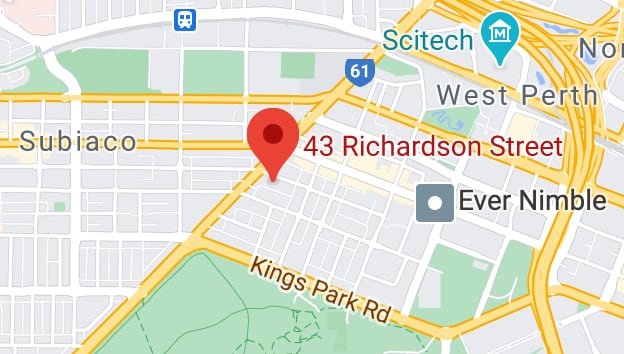Fertility Preservation Before Cancer Treatment
Fertility preservation before cancer treatment is an important conversation topic with your fertility specialist.
As a woman, if you are planning cancer treatment and want to preserve your fertility, it’s important to discuss your options. It starts with assessing how your fertility can be at risk, and how chemotherapy and radiation will affect your ability to conceive and carry a child. As a man, the surgical removal of the testicles, as well as chemotherapy or radiation can damage your sperm (both the quantity, the quality or the DNA structure). A single cancer therapy session can already damage your fertility, so it’s important you have this conversation with your fertility specialist before you plan your cancer treatment.
How Fertility Preservation Works
Embryo Cryopreservation
This is one of the methods used to preserve your fertility.
What it means is that eggs are harvested, fertilised and stored. First, they are harvested from your ovaries, then they are fertilised through IVF, and finally they are frozen and stored. The harvesting happens at particular moments in your menstrual cycle, and hormones are used for ovarian stimulation. This means that your cancer treatment can be delayed by a few weeks.
Oocyte cryopreservation
Alternatively, eggs can be harvested and not fertilised. In this case the unfertilised eggs are frozen.
Gonadal shielding
If you are scheduled for cancer treatment, and radiation will be used to an area of your body that isn't close to your pelvis, then this method makes use of carefully placed shields. They reduce the impact of radiation on your reproductive organs.
Comprehensive fertility treatment is planned and coordinated with Monash IVF West Leederville, one of WA’s leading fertility centres.
Call us to make an appointment: 1800 628 533
Oophoropexy
This is another procedure aimed at preserving your fertility when planning to undergo cancer treatment. In certain situations one or both ovaries are surgically repositioned. This is done in a way that they are protected from radiation as much as possible. But because there is radiation scatter, the protection is never 100%. After your cancer treatment, you might need to have a new surgery to reposition your ovaries, or you might need IVF if you want to conceive.



